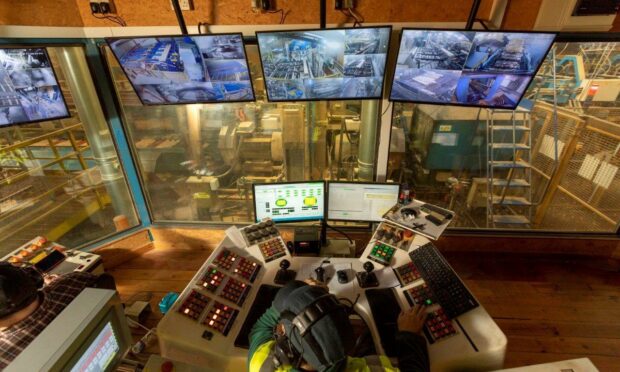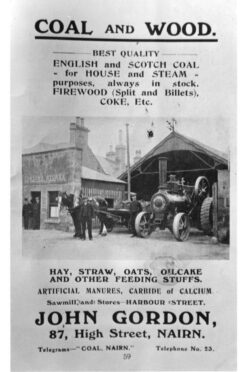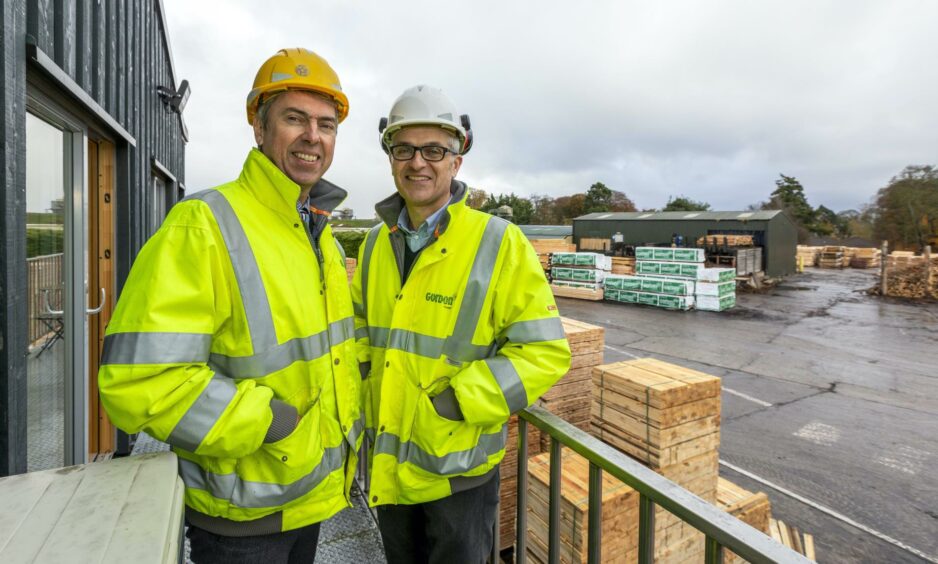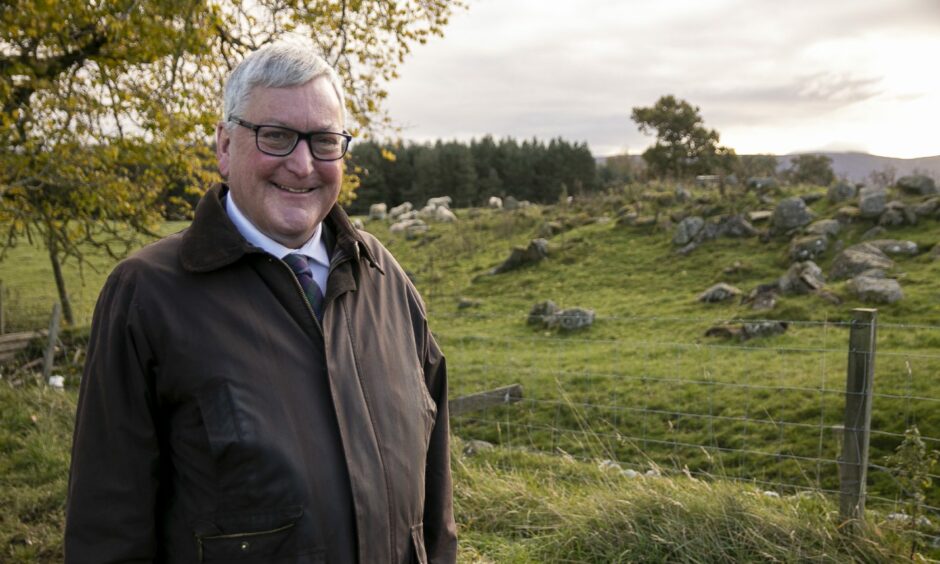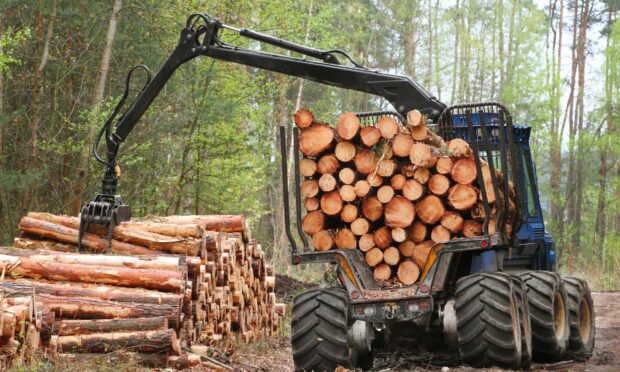When your firm is 160 years old, it has built up a rich heritage and laid down a very strong footprint in the local community.
But business success means always looking forward – not back – and that’s what we do at Gordon Timber.
Anyone who comes into our Nairn sawmill for the first time is surprised at the extremely hi-tech nature of our operations, and we’re taking that a step further by introducing robotics to the business.
After logs are cut in our mill – to be made into fencing, pallets, packaging and construction products – a robot will stack them on one of our main production lines, improving health and safety and boosting productivity.
It’s all about constant improvement, and that includes recruiting the best people.
We already have 85 employees and we’re looking to grow, but recruitment is challenging.
There aren’t huge numbers of people with manufacturing industry experience in the Highlands, so our focus is on growing our own.
We have close relationships with local schools and take mid-year students from the Scottish School of Forestry in Inverness.
Investing in people – from youngsters coming into the industry to those with decades of experience – has always been at the core of what we do.
We were very proud to be the first sawmill in the UK to get Investors in People status back in 1995, and we currently have silver status.
We have very loyal, long-serving staff who work across departments and that galvanises the business.
We are the fourth generation of our family to run the mill and we’re very proud of our roots in the area, but also conscious of that responsibility to innovate and constantly re-invest in the business.
That’s why we have invested more than £20 million in the site over the last two decades, in a new modern office space which is less than five years old, and in modern, hi-tech scanning and cutting equipment, and robotics.
It’s about striking a balance between tradition and longevity, and a modern, efficient workplace, so we can supply customers with what they want, when they want it.
Our products mainly go to markets in Scotland and northern England, including local, regional and national timber and builders merchants, fencing stockists and pallet manufacturers.
There is very strong demand for wooden garden and landscaping products, including fencing and decking – partly driven by people wanting to buy more sustainably to demonstrate their green credentials.
We get our timber from forests and estates across the Highlands, and our production has been FSC (Forestry Stewardship Council) certified and audited for two decades.
The understanding of the link between planting trees, making wood products and helping tackle climate change is increasing – partly as a result of the industry growing in Scotland.
Forestry and wood is now a £1 billion industry supporting more than 25,000 jobs and it’s really important in terms of providing employment and supporting economic growth in our region, and in other parts of Scotland.
Former Rural Economy Secretary Fergus Ewing deserves great credit for having raised the profile of the industry, working closely with the public and private sectors and simplifying the complex process for planting forests.
His successor, Màiri McAllan MSP, is continuing that good work, and it’s heartening that multi-purpose, modern forestry enjoys cross-party support at Holyrood.
There is definitely a growing understanding of the economic, environmental and social benefits of forestry, and the fact they go side by side.
Our industry is very important to the green economy of the future, and businesses like ours, alongside our trade body Confor, will keep telling that positive story.
However, there are challenges.
It is very tough to recruit at the moment, and we’re looking at succession planning.
We have a very loyal, experienced workforce, but need to identify very clearly where the next generation is coming from.
We can teach technical industry skills, but we’re also looking for strong and flexible team players, good communicators, and people who are hard-working and enthusiastic.
Other big challenges are rising energy bills, which are an issue for any big manufacturer, and getting hold of parts from Europe.
Above all else, we need to know that we will continue to have sufficient supplies of wood – because our raw material is vital to us as a business.
After investing £20m in our mill, we need confidence that we will have sufficient timber coming in over the coming decades.
We’re very fortunate to have a great timber resource on our doorstep and we want to keep turning that into renewable, green wood products.
It’s a challenging, but really exciting time for the industry. There are great opportunities here to support regional economic growth and to create a greener future for Scotland.
We want to play our part in that – and to be here for another 160 years.
Rod Gordon and Scott Gordon are joint managing directors of Gordon Timber.
